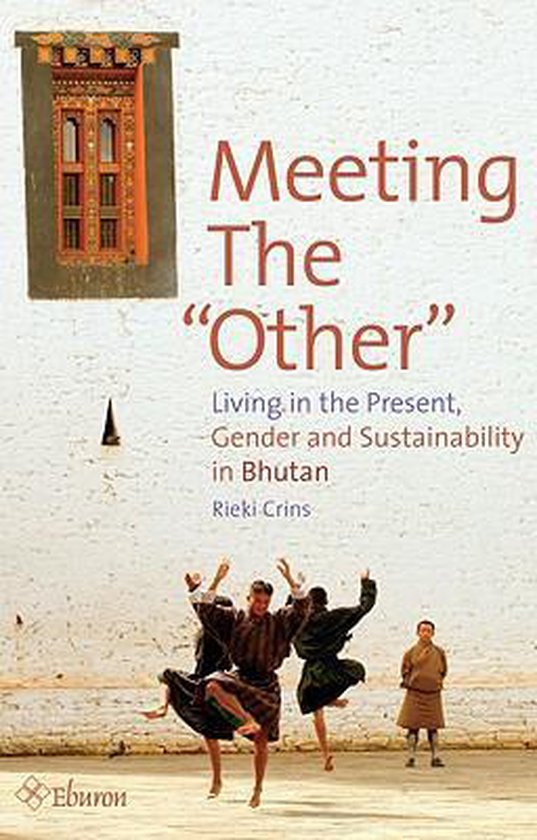
Meeting The "Other": Living In The Present: Gender And Sustainability In Bhutan
-
AuteurRieki Crins
- Uitgeverij-
- Jaar-
'Meeting The "Other": Living In The Present: Gender And Sustainability In Bhutan' by Rieki Crins is a profound exploration of the intersections between gender, sustainability, and cultural practices in Bhutan. This book delves into the unique Bhutanese perspective on living harmoniously with nature and each other, offering insights into how traditional values can inform modern sustainability efforts. Through detailed narratives and analysis, Crins presents a compelling case for the importance of gender equality in achieving sustainable development. The book is a must-read for anyone interested in environmental studies, gender studies, or Bhutanese culture, providing a fresh perspective on how to address some of the most pressing issues of our time.